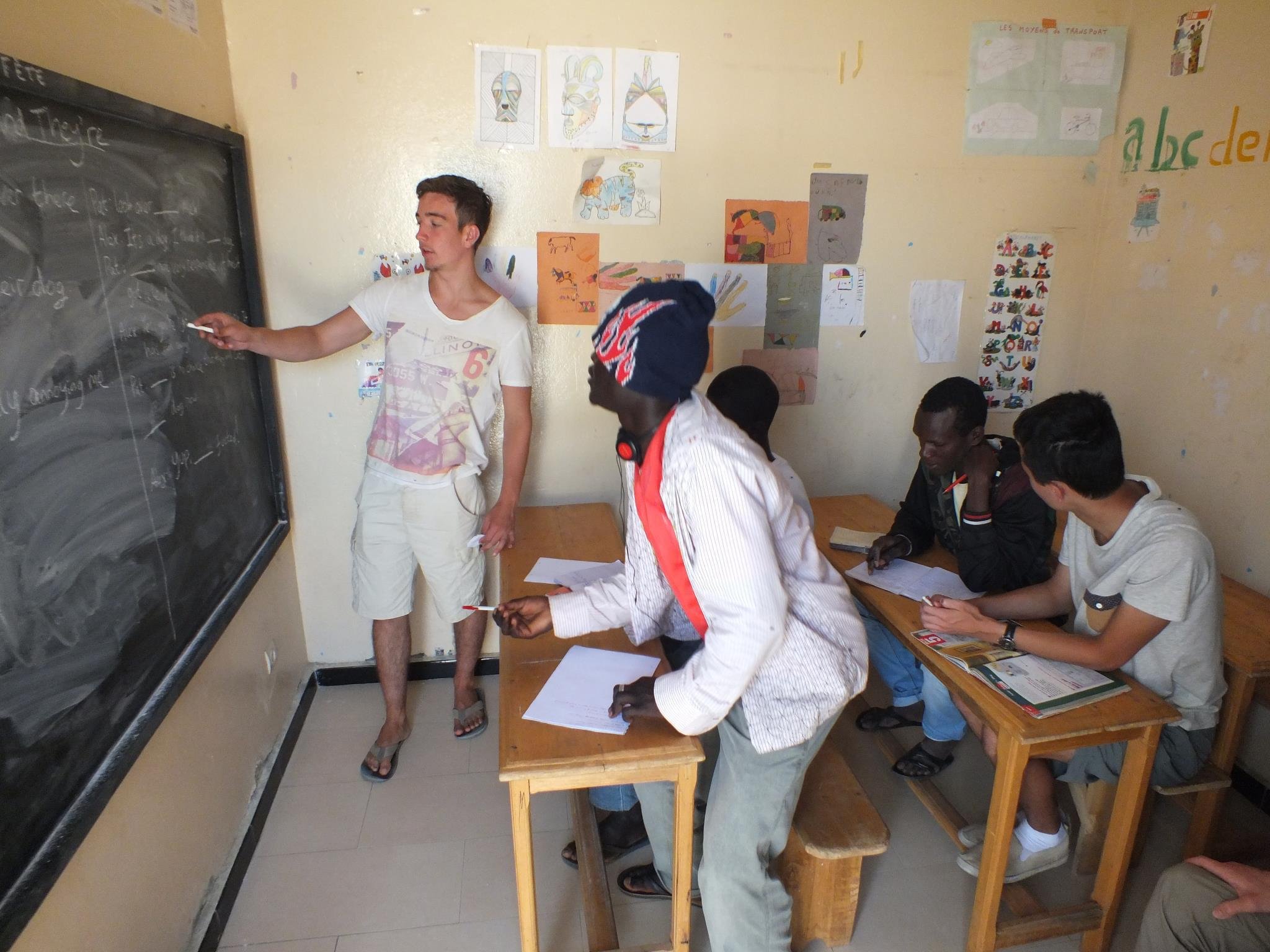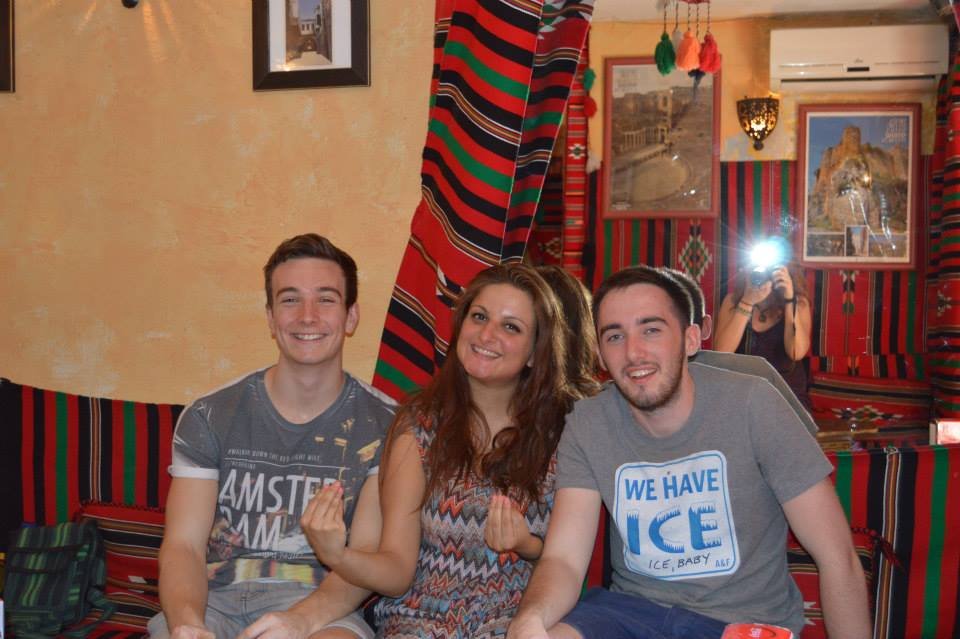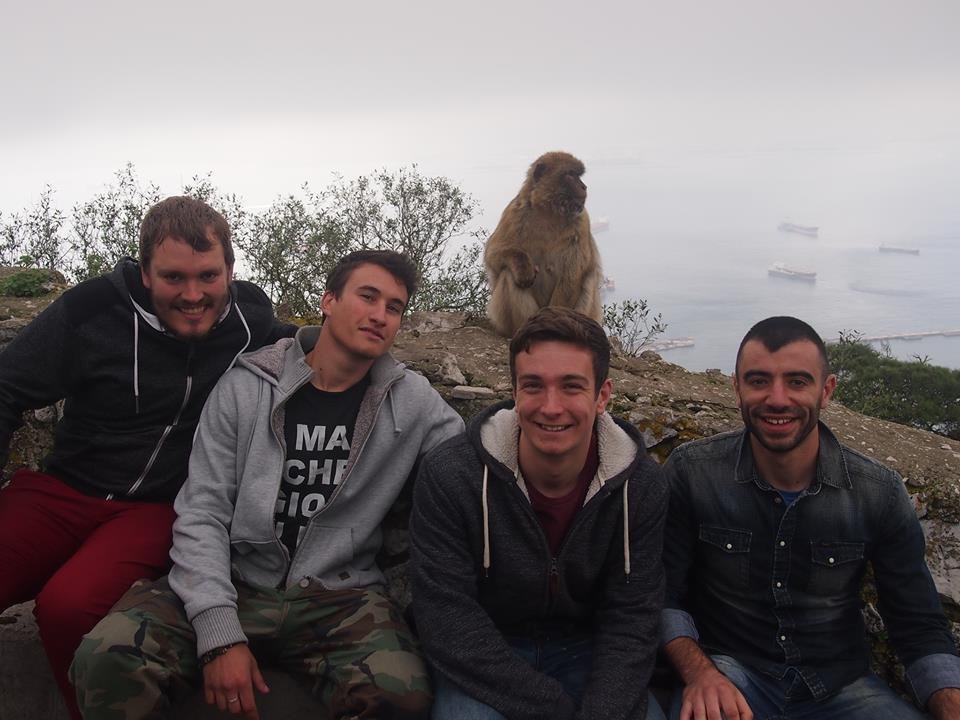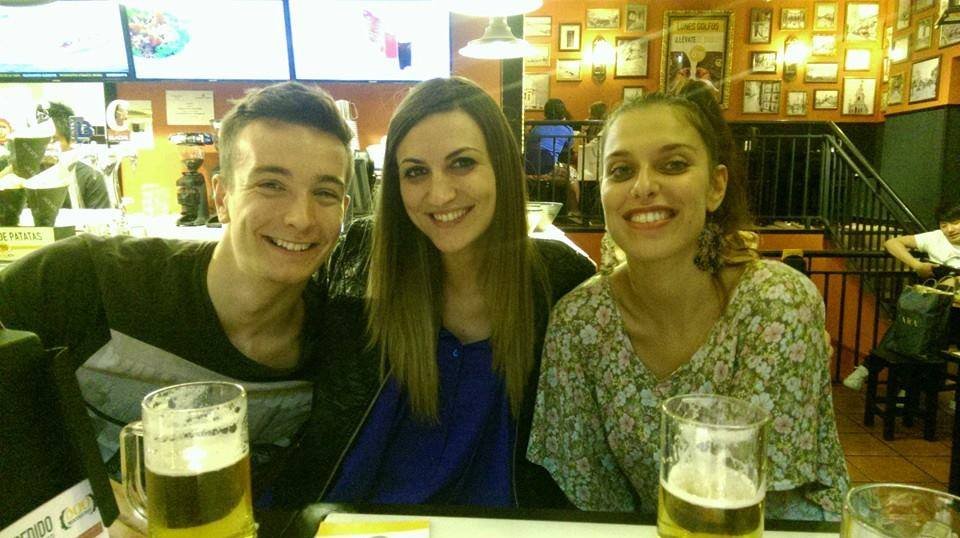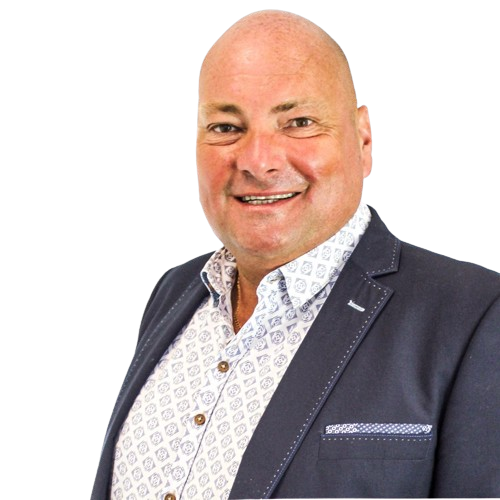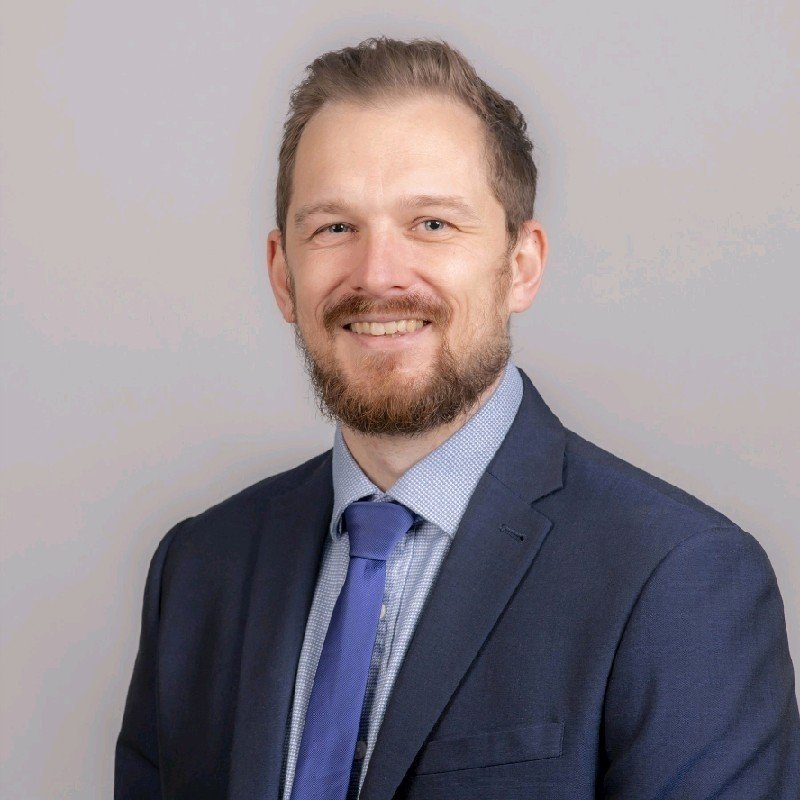I don’t just teach you the grammar, I teach you how to be confident speaking from day ONE.
I’m going to let you in on a secret: I failed French at school.
Back then, I thought it was impossible for me to speak another language fluently. In my head, I wasn’t at all a language person; a sports billy at best, and that was it.
As much as I wanted to get fluent in French, I felt so despondent. I desperately wanted to speak, but when I tried, I couldn’t understand people and felt completely disheartened.
Not for one second did I believe I had the potential to learn foreign languages.
My mind was plagued with thoughts like:
“My memory isn’t good enough”
“I’m awful at accents”
“Learning is hard for me”
It wasn’t until I watched other normal people online speaking multiple languages that I discovered I too could learn a foreign language.
Now as a language coach, I always instil that same belief into clients by getting them speaking from the first minute. Why? Because this normalises using the language from day one and really is the best remedy for any nerves.
I help adults gain confidence and fluency in foreign languages by reprogramming their brains to embrace mistakes, instead of fearing them.
I do this by combining skills gained from studying counselling and psychotherapy for 4 years and from my own experience learning languages.
So, how did I go from being failing French to becoming a polyglot?
At school, I used to hate making mistakes, I put so much pressure on myself to speak French with a proper French accent that I stopped myself from speaking. This, plus the backward method taught at school really held me back.
I only made the breakthrough with French and started learning it properly when I began to make it about communication rather than perfection.
The polyglots online inspired me enough to let me know I could learn a foreign language, but it wasn’t until I dropped the idea of having to get it right all the time that I really made strides with my French.
I stopped measuring my worth from how well I spoke and instead focussed on using the language to connect with another human being.
This happened to be a French girl who lived on my street and spoke very broken English. I used the tiny bit of French I had to try to communicate with her and in that moment I realised I had it all backwards.
It was never about the language, it was always about the people. The language is just a tool used to connect one human being with another.
With this revelation, I was able to stay much more relaxed and present when speaking, which in turn drastically improved my listening skills; this has allowed me to go on to learn even more foreign languages, and FAST!
Communication and connection before perfection; that is the way to go with languages, and that is exactly how I approach my Laid-back Language coaching sessions.
I started Laid-back Languages to help adults learn their first foreign language over 4 years ago and now have a team of language people helping me with my mission.
Meet the Team
-
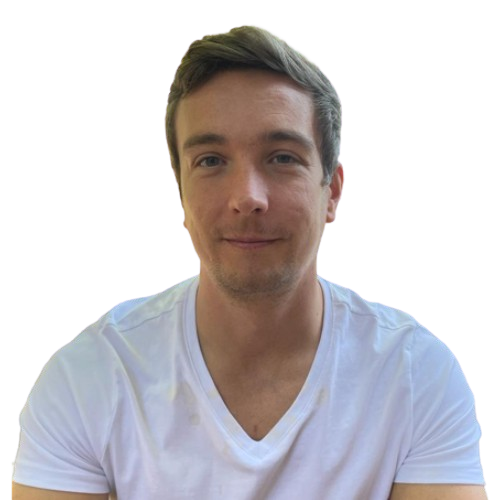
Patrick Creighton
LAID-BACK LANGUAGES FOUNDER & LANGUAGE COACH
I teach all the language sessions at Laid-back Languages. You’ll meet me during our first language session on Skype.
-
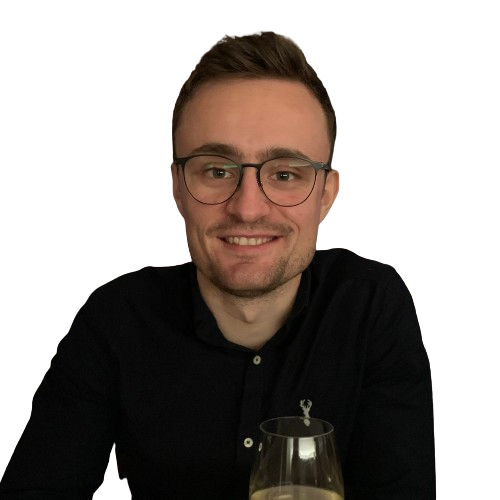
Mike Cawood
LAID-BACK LANGUAGES AMBASSADOR
Mike’s the guy you'll meet when you book a call. He'll tell you all about Laid-back languages and help plan your language program.
Where languages have taken me
Aged 19, teaching English in Senegal. I didn’t speak Wolof so had to use French as a lingua franca (common language).
It’s not hard to pick the Italian out of this line up…
Joining in the local festivities in a small village in Spain. They didn’t even speak Spanish here! Only Valenciano!!
A German, an Englishman, two Italians in Gibraltar whilst living in the south of Spain. We all used Spanish as our lingua franca! So cool!
I learnt a lot of Mexican slang from this guy! Gracias wey!
In the famous 100 Montaditos in Spain. The cerveza is hit and miss but the little sandwiches are great!
Hear from others who became ‘language people’

